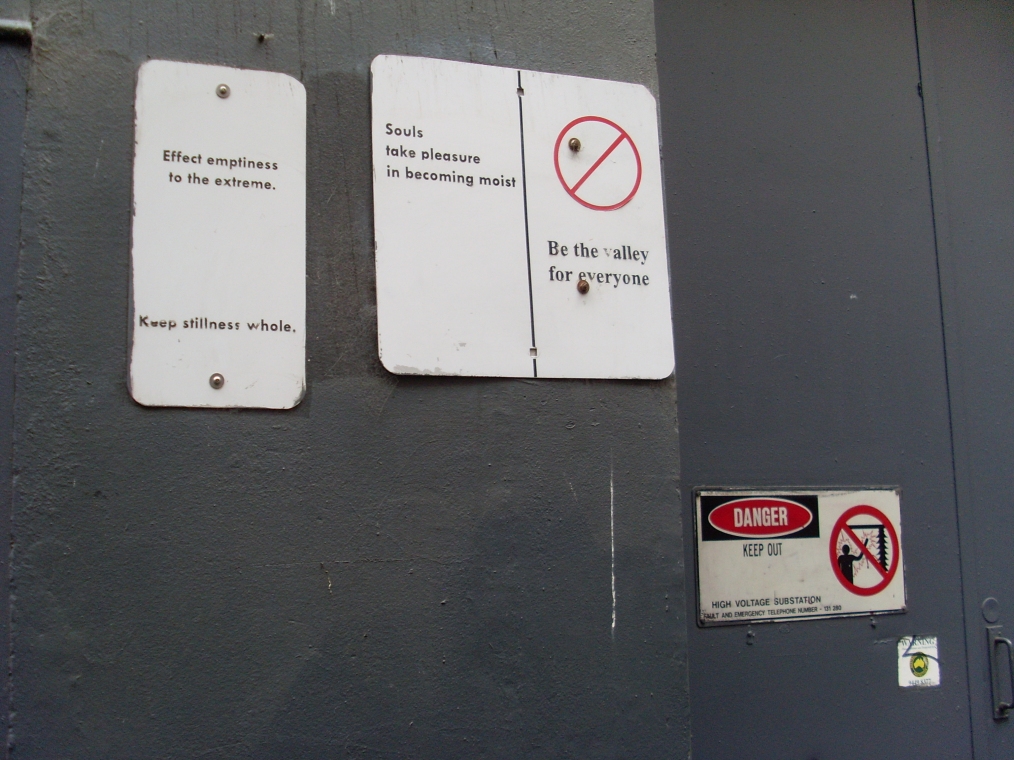Buddha’s core teaching, the Dhammapada, opens as follows:
What we are today comes from our thoughts of yesterday, and our present thoughts build our life of tomorrow: our life is the creation of our mind.
The central thesis of Matthieu Ricard’s Happiness (2006) is that happiness is not an emotion, but a skill that can be learned and developed. It is, he says, ‘a way of interpreting the world’.
Matthieu Ricard has a PhD in biology from the Pasteur Institute and spent the last thirty-odd years as a Buddhist monk, and the last decade as the French interpreter to the Dalai Lama. He is one of a group of scientists who have been collaborating with the Dalai Lama to explore the commonalities between the teachings of Buddhism and the findings of modern science as to how emotions emerge in the mind and can be managed. Continue reading

